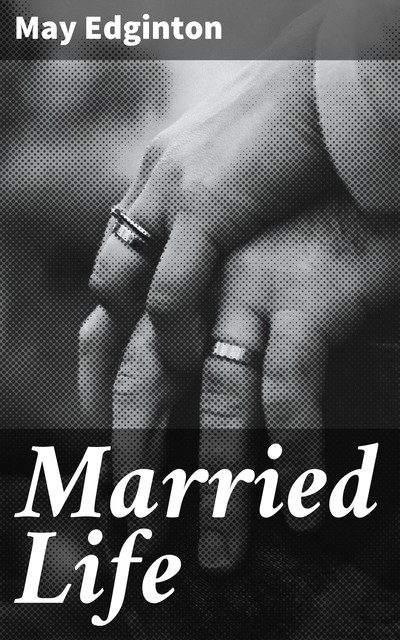In “Married Life,” May Edginton adeptly navigates the nuanced complexities of domestic relationships in early 20th-century society. Through a vivid tapestry of character interactions and eloquent prose, the novel grapples with themes of love, duty, and societal expectations. Edginton's narrative style is imbued with an acute psychological insight, allowing readers to explore the inner lives of her characters while critically examining the constraints placed upon women in marriage. The book serves as a reflection of the burgeoning feminist discourse of its time, capturing the turbulence of a shifting social landscape. May Edginton, a pioneer of her time, drew upon her own experiences in life and literature to craft stories that resonated with contemporary audiences. Her understanding of women's struggles, coupled with her literary background, enabled her to create relatable and compelling characters. Edginton'Äôs works often reflect her progressive views regarding personal autonomy and societal reform, which were pivotal during the early 20th century, a period marked by both conflict and change in gender relations. Readers seeking an astute examination of marriage and identity will find “Married Life” a profound and engaging read. Edginton's exploration of the intersection between personal desire and societal expectation remains resonant today, inviting readers to reflect on the timeless complexities of love and commitment.


